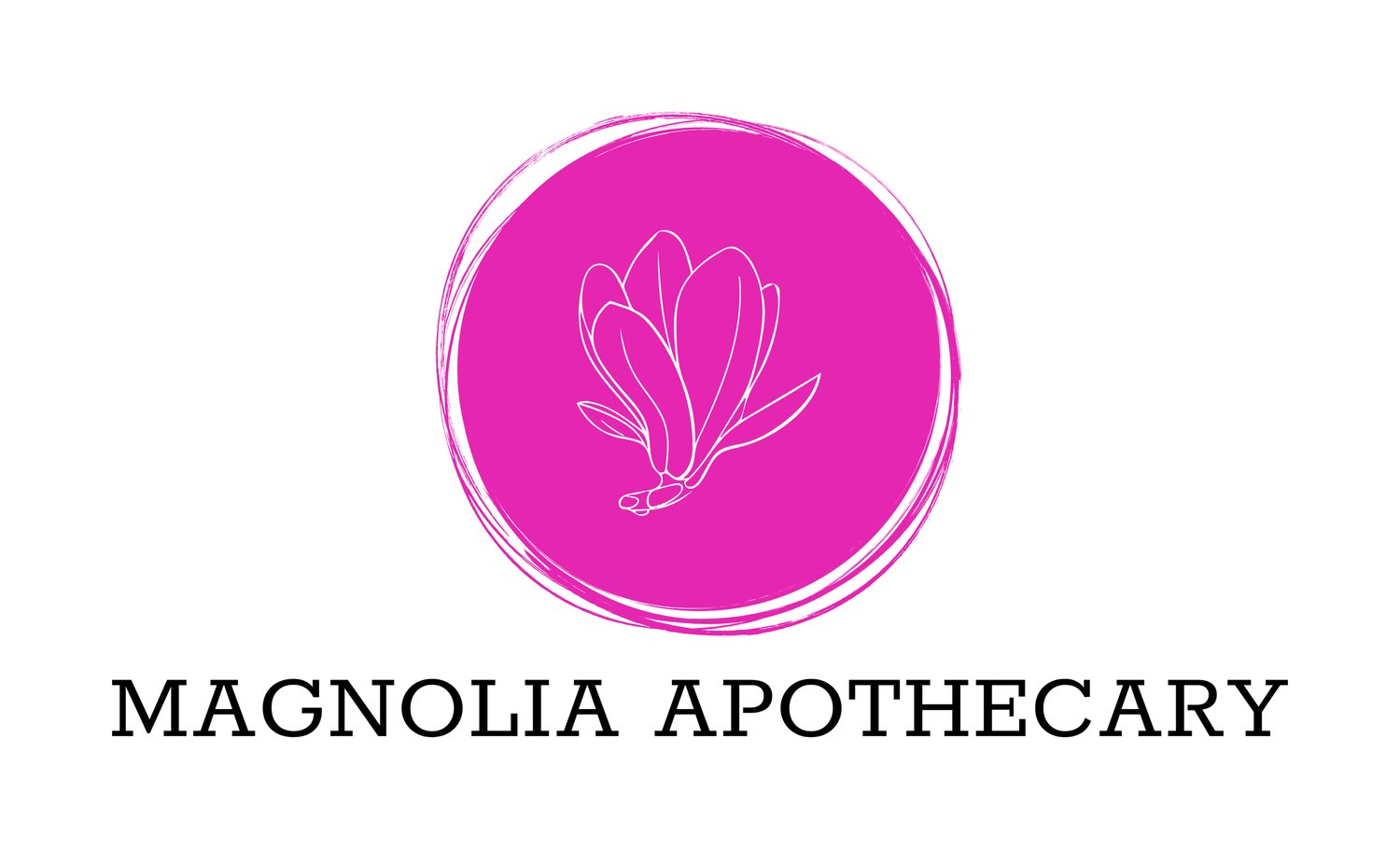Reflux Medications!
Do you take medication for reflux? These medications are called PPIs.
What is a PPI?
A Proton Pump Inhibitor (PPI) is a medication that is most commonly prescribed to manage a variety of gastrointestinal disorders such as reflux or heartburn. It is also the most commonly prescribed medication worldwide. It is used to help with gastric reflux or heartburn, Barrett oesophagus and a prophylaxis for bleeding associated with nonsteroidal anti-inflammatory drugs (NSAIDs).
This medication was introduced in the 1990s and its use has increased by more than 1000% in Australia. This increase is especially seen in the elderly with over 7.1 million prescriptions written in 2018-2019 for people aged over 75 years. Over 21 million prescriptions were written in 2016-2017 for all Australians over the age of 18 years. Rates of PPI use are also higher in those taking multiple medications.
The purpose of the medication is to lower the production of your stomach acid and ultimately reducing the feeling of acid rising in the upper digestive system. But the problem is that you need an acidic stomach to help break down your food properly and deal with any bacteria or viruses. So, by reducing the production of stomach acid, you are lowering your digestive function and with long-term use, you will develop hypochlorhydria (low stomach acid).
Hypochlorhydria can lead to an increase in opportunistic bacteria which increases levels of inflammation or even chronic inflammation. Chronic gut inflammation leads to a change in the microbiome, reduces immune function, reduces nutrient uptake, possible interference with B12 absorption, decreases the function of the gut wall interface and can increase your risk of gastric cancers.
The issue with these medications is that they are a short-term solution to help reduce symptoms, they are not to be taken long-term. Yet I often see clients that have been on them for years, and needless to say they are coming to see me for gut-related issues.
The current recommendation for how long you should take a PPI is between 2 and 12 weeks.
Some of these medications include the following:
omeprazole (Prilosec, Prilosec OTC, Zegerid)
lansoprazole (Prevacid)
pantoprazole (Protonix)
rabeprazole (Aciphex)
esomeprazole (Nexium)
dexlansoprazole (Dexilant)
Nexium and Prilosec are the most commonly prescribed PPI’s. Although I see a lot of pantoprazole in my clinic.
The long-term use of these PPIs impacts on the health of your gut. PPIs lower the microbial diversity and level of commensals which can lead to chronic gut disorders. Small intestinal overgrowth otherwise known as SIBO can happen due to the changes in the microbiota and the change in digestive motility. Long-term users may also experience leaky gut and IBS symptoms.
Long-term PPI use has also been found to impair endothelial function which can lead to vascular damage. This is likely the mechanism that links a higher cardiovascular, renal and dementia risk for people taking these medications long-term.
Reflux or acid imbalance can be treated with diet, lifestyle, nutritional and herbal support, so if you have been on a PPI for a while maybe you should consider the alternatives. Book in for a consultation to find the cause of this acid reflux rather than just treating the symptoms.
References
Yepuri, G., Sukhovershin, R., Nazari-Shafti, T. Z., Petrascheck, M., Ghebre, Y. T., & Cooke, J. P. (2016). Proton Pump Inhibitors Accelerate Endothelial Senescence. Circulation Research, 118(12), e36–e42. https://doi.org/10.1161/CIRCRESAHA.116.308807
https://www.ncbi.nlm.nih.gov/pmc/articles/PMC6728776/
